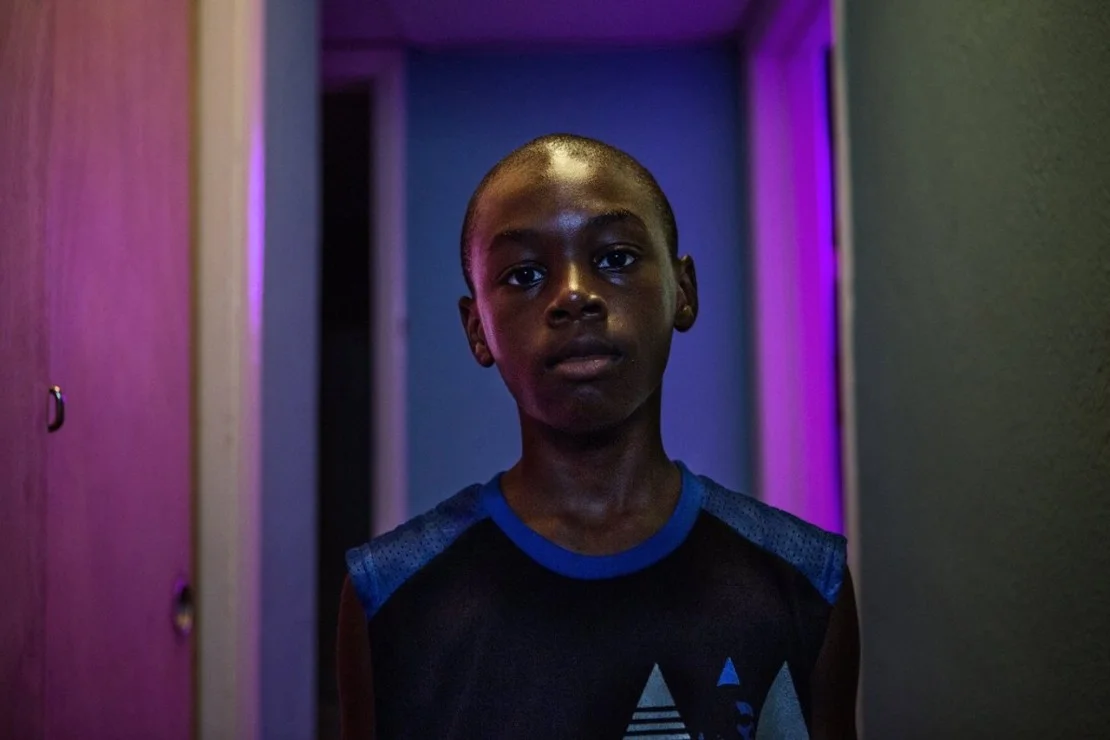I recently rewatched Barry Jenkins’s ‘Moonlight’ for the first time since seeing it at the E Street Cinema in D.C. in October 2016.
I had seen it once, enjoyed it, and began to follow Jenkins’s work — and tweets, which are great. As I learned about him as an artist, I began to feel a kinship to his nontraditional route to film. He grew up in Florida, and it feels as if film is something that found him while he was an undergrad at FSU. As I came to understand, Jenkins eventually landed in San Francisco — holding a day job, having a love for coffee (something I can very much relate to), and attending film festivals.
My colleague pointed me towards Jenkins’s Vimeo channel, where you can find a quick short on coffee, a documentary he did on relationships via a couple he’s friends with, and more. These I very much enjoyed, and realized, more concretely than before at least, that any of us can drive towards artistic expression if we are committed to sharing our voice.
I then found my way to Jenkins’s interviews with the Criterion Collection. During film school, he poured the library and immersed himself in cinema. Two influences stood out: Wong Kar-Wai and Claire Denis. I’ve been a fan of the former for a few years, but was relatively unfamiliar with the latter. I watched Denis’s ‘White Material’ on FilmStruck (which features a Jenkins interview no less) and immediately saw similarities to Jenkins’s style. As someone who generally gravitates towards wide frames, symmetrical composition, and static cameras, I developed a new appreciation for motion and close-ups. These techniques added a level of emotional depth to the work.
I felt well-equipped to rewatch ‘Moonlight’ this month, 23 months after first seeing it.
‘Moonlight’ is Barry Jenkins’s second feature, arriving eight years after his first film. ‘Moonlight’ came out when Jenkins was 36, with a well of life experience to draw from.
Image via No Fim School.
‘Moonlight’ tells the story of Little, Chiron, and Black — the same character, played by three actors, in three different acts that cover a brief segment of his boyhood, adolescence, and adulthood, respectively — and his coming of age in South Florida. ‘Moonlight’ is based on a work by playwright Tarell Alvin McCraney, ‘In Moonlight Black Boys Look Blue.’
‘Moonlight’ elicits universal human truths, while making subtle social commentary. It does this through a deeply personal story that leads the viewer to empathize with the character’s search for identity, societal acceptance, and self-love.
As Jenkins says of Wong Kar-Wai’s work, “characters always are yearning for so many things, and oftentimes I feel like those things are attainable if the characters choose to go after them.” ‘Moonlight’ is a film about discovering the inner awareness necessary to know what those things are.
It is a beautiful, moving story.
And all of this is done with technical precision. It is clear that 36 years of life — much of the latter half immersed in film — prepared Barry Jenkins (and his close friend, classmate, and cinematographer, James Laxton) to rise to this occasion. The film balances auteur feels, expressionistic cinematography, shifting color palettes, minimal dialogue, and moving sound design into one cohesive whole.
Jenkins on set with actor Alex Hibbert. Image via The Film Stage.
‘Moonlight’, simply put, is an excellent film. It is perhaps my favorite of the 2010s, and rightly won the Oscar for Best Picture. Done on a tight schedule with a sub $5 million budget, I am awed by this feat. Jenkins and co’s passion shines through every frame of the film, and any aspiring artist would benefit greatly from studying both the work and the story of its creation.
- JG
Related post: Barry Jenkins Discusses 'Moonlight' With Gene Demby



